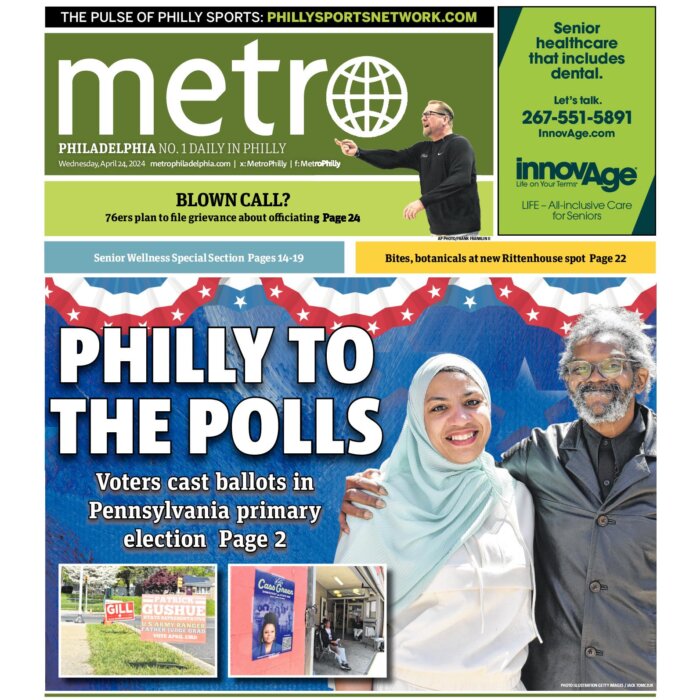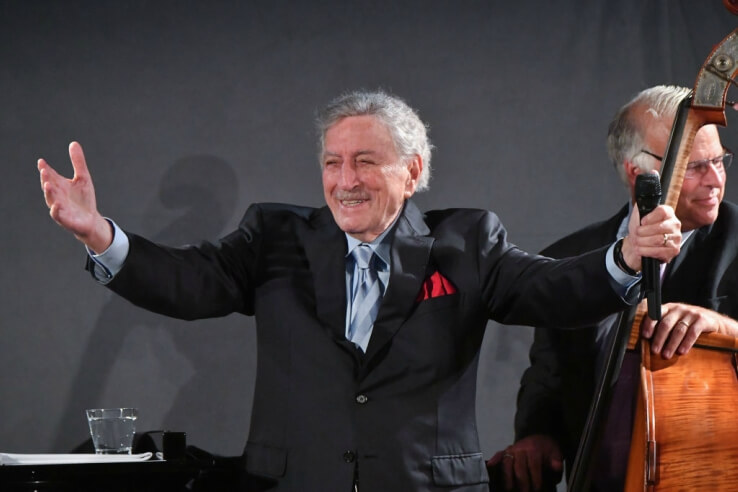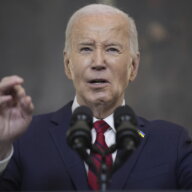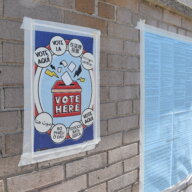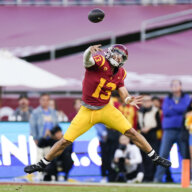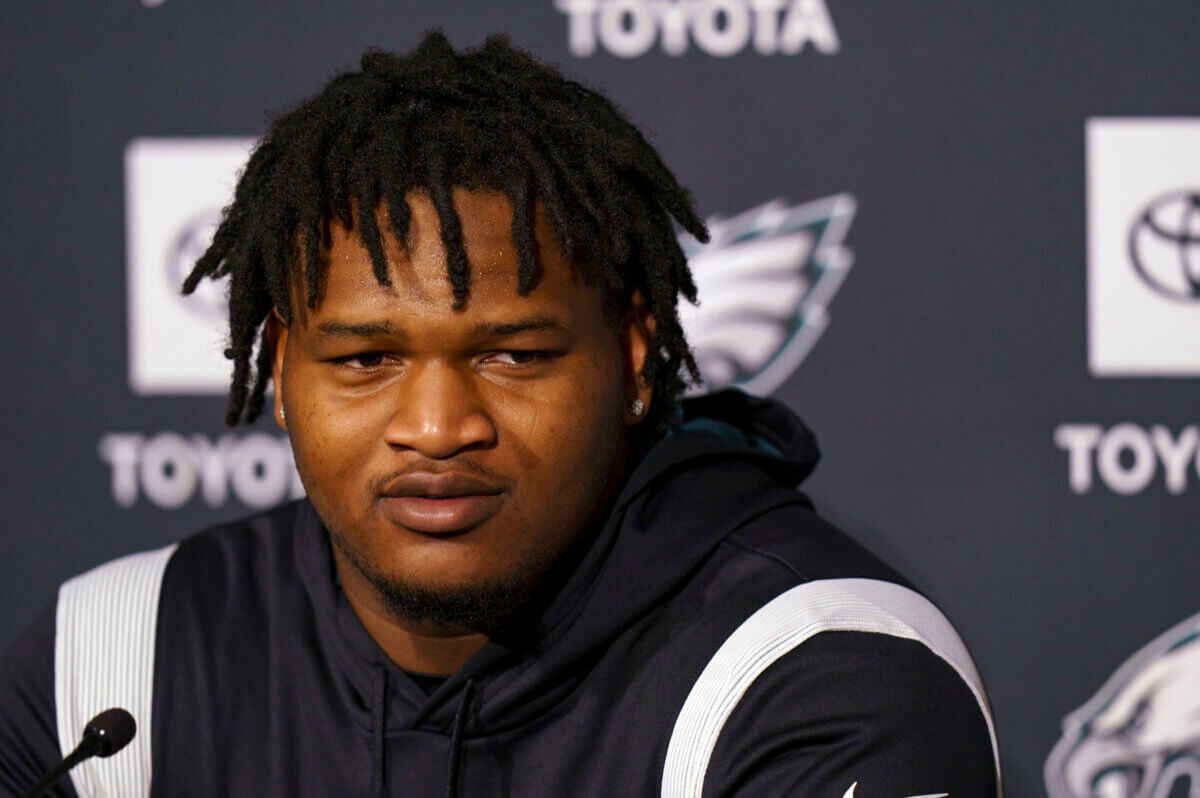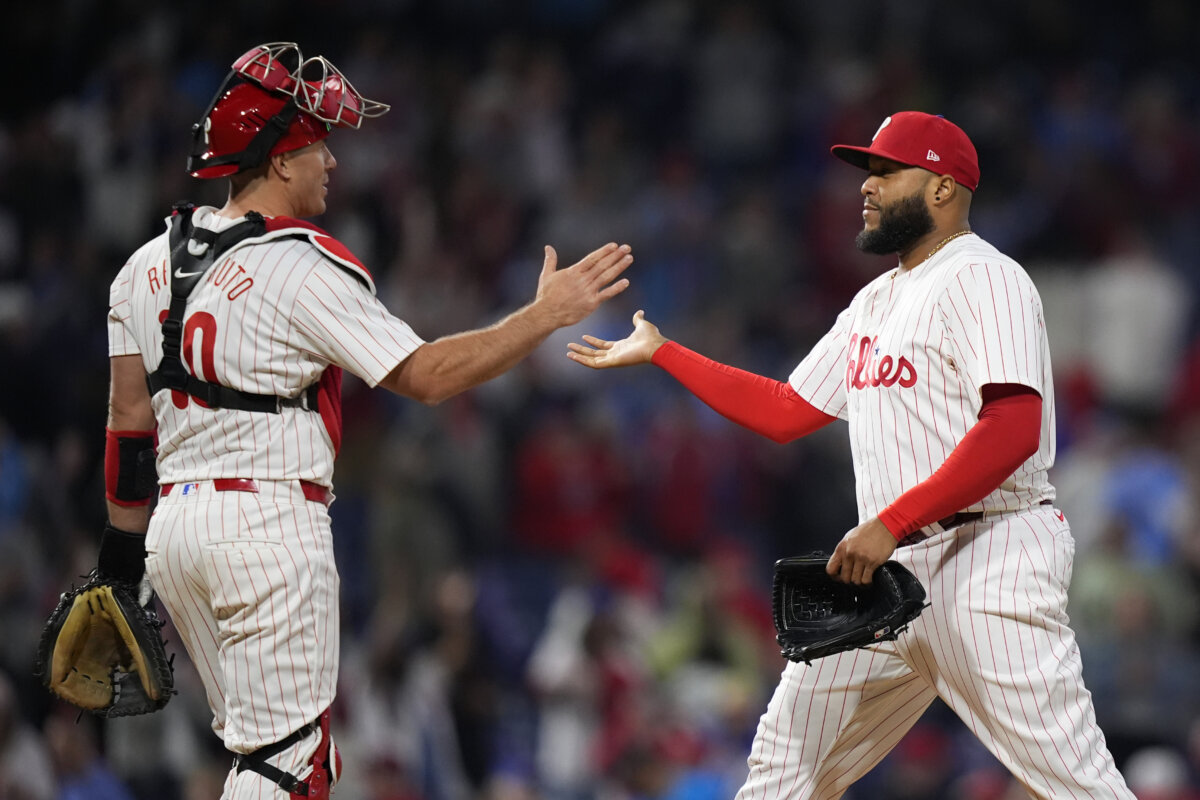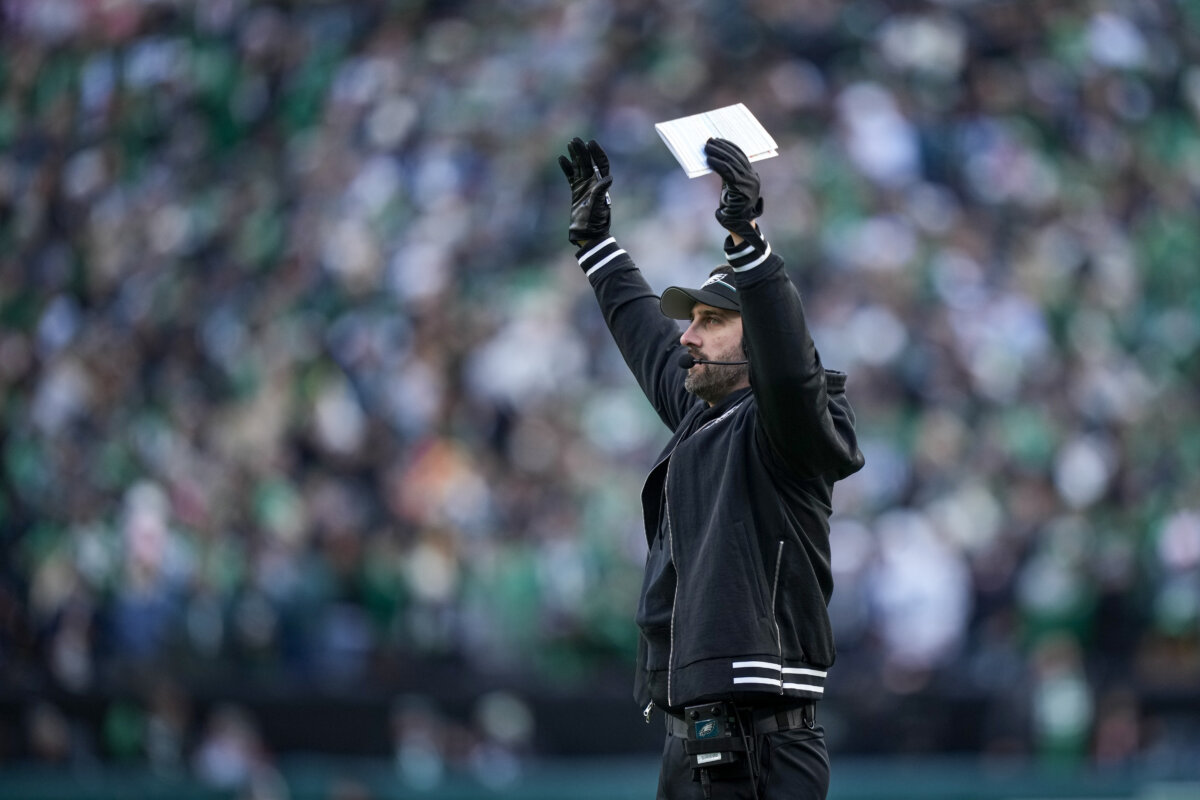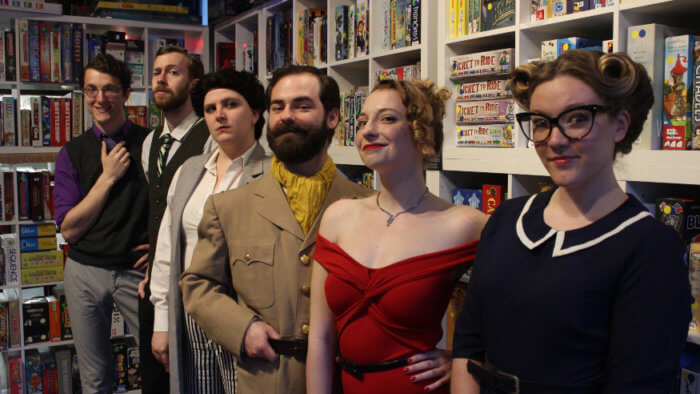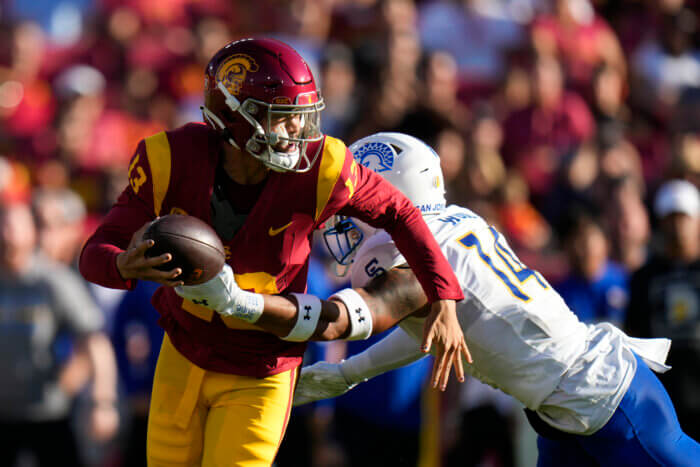Whether at 22, or 52 or, now age 92, Tony Bennett has made the great American songbook his own as the greatest living interpretive singer standing. Even Sinatra once called Tony Bennett a treasure for having sung through Tin Pan Alley, Broadway, film, jazz and contemporary song. When asked why he keeps going, in anticipation of his Academy of Music show on November 2, his answer is simple: Why stop now?
Music legend Tony Bennett hits the stage in Philly
Female vocalists. You have worked with Lady Gaga, Rosemary Clooney, Amy Winehouse, k.d. lang, Peggy Lee, and, most recently, Diana Krall. You know your own voice intimately: how much of the notion of discovery comes into choosing a female duet partner? What do you want from a partner regarding challenge and symbiosis? And what did you think of your friend Gaga in A Star is Born, primarily since you worked with Judy Garland who played the same part in her Star is Born?
Tony Bennett: I like to find contrast when I consider doing a duet with another singer so certainly if you are singing with a female singer the contrast is already in place but it’s enlightening for me to think about all the female singers that I have worked with over the year – starting of course with Rosie Clooney who I started out with at Columbia back in the 1950s. And you mention Lady Gaga — who I call Lady — I am not surprised at all by how wonderful she was in A Star Is Born as she has all the talent to make it big in music and films and really anything else she chooses to do.
What do you recall about the rooms you played between Philly and Atlantic City in your time? Your more recent events at the Academy of Music are an instant legend. Are there any memories of Philadelphia that spring to mind that you can share?
Tony Bennett: Back then going out to a club was a special occasion and the audience dressed up in silk and tuxedos and the rooms were filled with cigarette smoke. I remember years later, my dear friend, the photographer Herman Leonard told me how much losing the smoke in a club once the no smoking laws came into place affected his work. And, of course, the Latin Casino was where I performed with Count Basie in 1958, and it was recorded as the plan was to release it as a live album. Regretfully, the label decided that they wanted it to be in stereo but it was recorded in mono so they took out all the live audience sound and made it in stereo and then added in audience applause.
So you’re a stickler for authenticity?
Tony Bennett: I loved the fact that it was a live album so it didn’t sit well with me that they had altered the original recording. Funny enough, since I just recorded a new album with Diana Krall of all Gershwin music I am reminded of the one time I met Ira Gershwin. We were at a publishing house and he wanted to have me look over a new song he had written so he told the clerk to go get the sheet music from the back. The clerk comes running back into the room and says, Mr. Gershwin, I found the sheet music but we also have an audio recording of the song and it’s in STEREO! Ira, who had a wonderful sense of humor said, What do I need stereo for, I have two ears.

Speaking of Gershwin, you recently won the Gershwin Prize and never wrote a song… amazing. You started off singing Gershwin in 1949 with “Fascinating Rhythm”? Do you remember how and why you chose that so, and what is so great or special about Gershwin? Did you ever try to write a song?
Tony Bennett: Being the first interpretive singer to win the Gershwin Prize was an honor that I am still completely thrilled and amazed that it happened. I am very proud of the fact that the very first song I recorded was a Gershwin song as I knew that if I started out with quality music it would stay around so I made a conscious decision to pick a great tune and I love how Fascinating Rhythm moves musically. George Gershwin wrote pure American music and Ira’s lyrics are still contemporary today and so much fun to sing. Actually, I have never wanted to try to write a song since I have the Great American Songbook to choose from. But, a few years ago my son Danny suggested I write lyrics to an instrumental song Nuages by Django Reinhardt. I loved that song and I gave it a go and in one afternoon. I had the lyrics written and I called it All For You, and dedicated to my wife Susan.
Without a doubt, you’re getting older and you’re getting better – but it is certainly a different voice. What do you do and how do you navigate/steer the changes that have occurred? Some would say it is about playing the rests as well as the notes. Do you feel as if you have become more insular and narrative?
Tony Bennett: In terms of navigation that is what I mean by staying in the moment as a performer – so you are always adjusting. I started out as a tenor and then over the years became a baritone so that requires adjustment — and of course, over time you learn what to leave out which is sometimes more important than what you leave in. Fred Astaire, who I got to know towards his later years, said to me the best way to edit something is to come up with what you think is a perfect performance and then go back in and take out 15 minutes. And as you gain experience and perspective then your narrative changes – so it’s always about communicating outwardly but any art form is a process that should never remain static.
What are you thinking about on stage, in-between the songs…. In between the solos… I have watched you for years.. you seem to never stop scheming and dreaming? What are you imaging before you hit that stage?
Tony Bennett: Judy Garland used to say to me it was just about watching the reds and the blues -the lighting of course-but I try to stay in the moment and sometimes a certain word gets emphasized one night, and the next time I sing it I may change that phrasing, so it is for me about communicating on a very intuitive level and not overthinking. I like to imagine singing to one or two people rather than thinking about the full audience.
